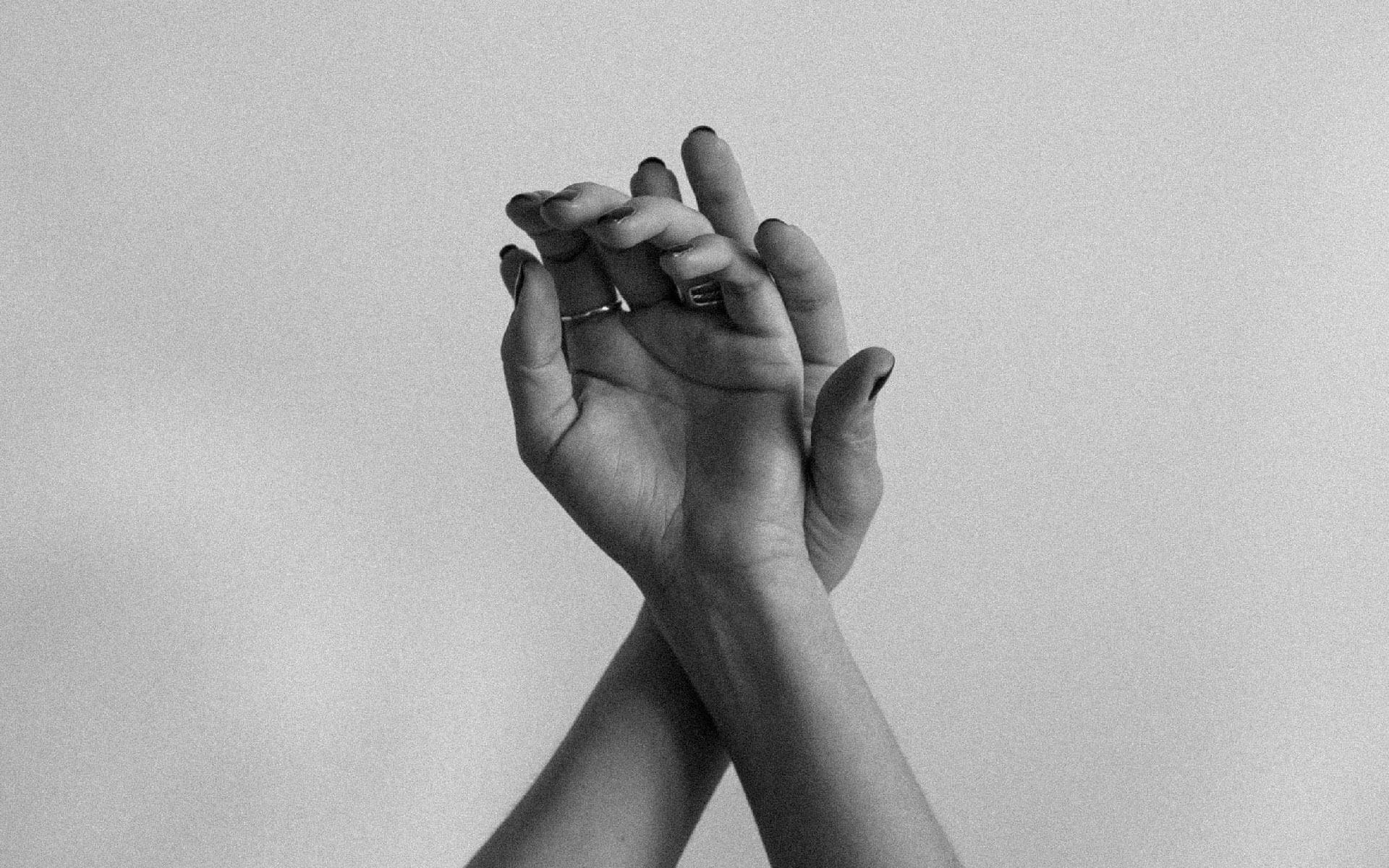
You see this one photo on Facebook or Instagram. Happy people, maybe travelling, maybe eating in a restaurant or doing something fun. Where does your mind go then? Do you compare their life with yours and decide that yours is so much crappier? Or are you happy for them that they have such a good time? Do you secretly envy their life, even though you would not admit it to anyone?
This topic has been bugging me for a while now. The comments which I heard from others, and the feelings I had when seeing others succeed, made me think about that much more. I’m happy for others and their achievements in general, but there is this tiny little niggle at the back of my brain saying that they have it better than me. I detest that feeling and try to suppress it, but unfortunately, I cannot deny the fact that it exists.
I can rationalise the photos on an emotional level (one was chosen from many others, it might have been photoshopped or the filter added), but they still have the potential to push my buttons a bit.
Ethan Kross, a professor of psychology at the University of Michigan, studies the impact of Facebook on our wellbeing. He, and his team, has designed a study to consider the relationship between Facebook use and envy and mood from moment to moment. The Facebook use here would be just to passively scroll through it. Participants received texts five times a day for two weeks, asking about their passive Facebook use since the previous message and how they were feeling at that moment. As you might imagine, the results were that “The more you’re on there scrolling away, the more that elicits a feeling of envy, which, in turn, predicts a drop in how good you feel”.
So to compensate for this envy, we put the best photos of ourselves and create an online life that sometimes has nothing to do with our own one. And then we feel even worse because it feels like a fraud and not our real life at all.
However, not all of that is doom and gloom, and you know me, I like to find a positive solution. Two factors can create envy: low self-esteem and deprivation intolerance. Deprivation intolerance is when you can’t stand when you can’t get what you want. To overcome it, we need to develop a philosophy of looking at what we already have - cultivate an attitude of gratitude. Start a day with a list of things you are grateful for. A simple, couple of minutes solution, which has the potential to change your life.
Other is to do something about it. Sitting and envying is not getting you anywhere. Make a change in your life, sign up for that course you wanted, try the new food, and go out for a walk if you can’t bear the gym. It will get you away from social media and more into your real life.
Adopt a new mantra: “Good for you, and I’m good too”. It does make you feel better straight away, doesn’t it? Create a list of things that are going well in your life, and check this list when you are feeling down.
You have the power!

March 27, 2022
Redeem yourself, accept that you don’t know everything, you don’t remember everything well and misinterpret that what’s going on around you especially under high stress...

June 9, 2022
For a while there I have struggled with affirmations. Don’t get me wrong, I strongly believe in the power of positive thinking. However, repeating some of the affirmations just didn’t gel with me at all. I felt like a fraud and didn’t believe when I was saying them.

April 25, 2022
What if we start to practise gratitude and express how grateful we are to our stomach after every meal? Sit, put your hand on your belly and say...